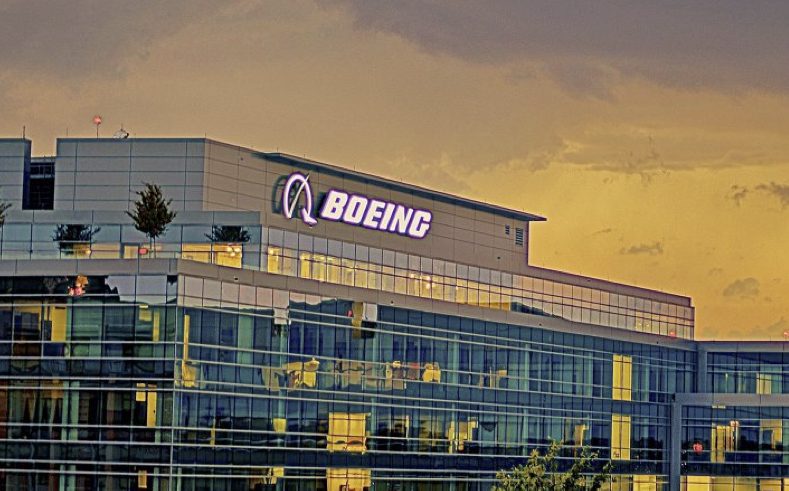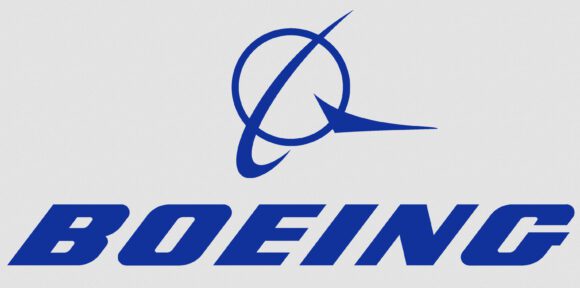
Boeing HQ
Today’s key stories related to Boeing reflect a wide variety of topics. The 767F freighter received a five year exemption from US climate rules, enabling the aircraft to continue in production beyond 2028 should the two major customers, FedEx and UPS, decide on additional aircraft. Boeing still has clout with Congress, as this was slipped into the FAA reauthorization bill.
Two Boeing 787s with engine issues remain grounded in Nairobi, one for a significant period of time. Supply chain and MRO shortages don’t necessarily treat all airlines as equals, with some ending up with the short end of the stick.
SPEEA, Boeing’s professional engineers union, is training union representatives on whistleblower rights, amid mounting discontent amongst engineers who don’t trust Boeing pathways for reporting safety issues without retaliation. Apparently, there are a number of potential whistleblowers yet to come forward.
The latest big win for Airbus in Saudi Arabia has overshadowed Boeing at a major conference in Riyadh. A strong announcement from Riyadh Air has not taken place, and the carrier feels that reporting it during a period of negative press about Boeing wouldn’t be helpful.
Links to today’s key stories follow:
- Boeing 767 gets a 5-year reprieve from climate rules – The Herald
- Hm! Boeing union just ran whistleblower rights training – The Register
- Two Kenya Airways Boeing 787s grounded in Nairobi – Aviation Source
- Big Airbus order overshadows Boeing at Riyadh conference – Mint
- Boeing, plane safety, and quality control: How whistleblowers protect us: Government Accountability Project
- Another week, another leak for Boeing’s Starliner crew capsule – The Register
- Rynair warns of further slips in Boeing deliveries as profits soar – Aviation Business News
A story from the Government Accountability Project talks about how whistleblowers protect us, pointing specifically at Boeing. They have a number of recommendations, including barring non-disclosure agreements, expanding the statute of limitations so that workers that experience retaliation can file claims, enabling whistleblower claims to be heard in federal court rather than Department of Labor administrative processes, filling in coverage gaps so that anyone with evidence to present in aviation safety tragedies has whistleblower protection rights, and educating the industry about rights and responsibilities.
Boeing’s reputation in the press continues to slide, with headlines such as “another week, another leak” in discussing a further schedule delay for the crewed Starliner launch now moved to May 23rd. Clever puns notwithstanding, Boeing now appears to be a laughing stock rather than a well respected company after a series of launch delays.
Finally, Ryanair, despite record profits, is warning of further potential delivery delays for Boeing aircraft this year, after twice downward revising its delivery expectations. It no longer appears possible for Boeing to raise rates to a level that will enable it to make a dent in the skyline delays or deliver new aircraft on time without delays.
With the FAA firmly in control of Boeing’s production certificate and its ability to increase its production rate, Boeing needs a win with the FAA. They have that opportunity with a quality and safety program to be submitted to the FAA this month, which will be reviewed by the FAA for adequacy.
Boeing cannot afford another setback, nor a negative review by the FAA. The modified program needs to be good enough to warrant immediate implementation and ensure that the company can deliver aircraft without “quality escapes” on a consistent and routine basis. If it isn’t at a level of performance the FAA demands, we could expect further degradation of the Boeing delivery skyline and Boeing’s financial performance.
Views: 4




